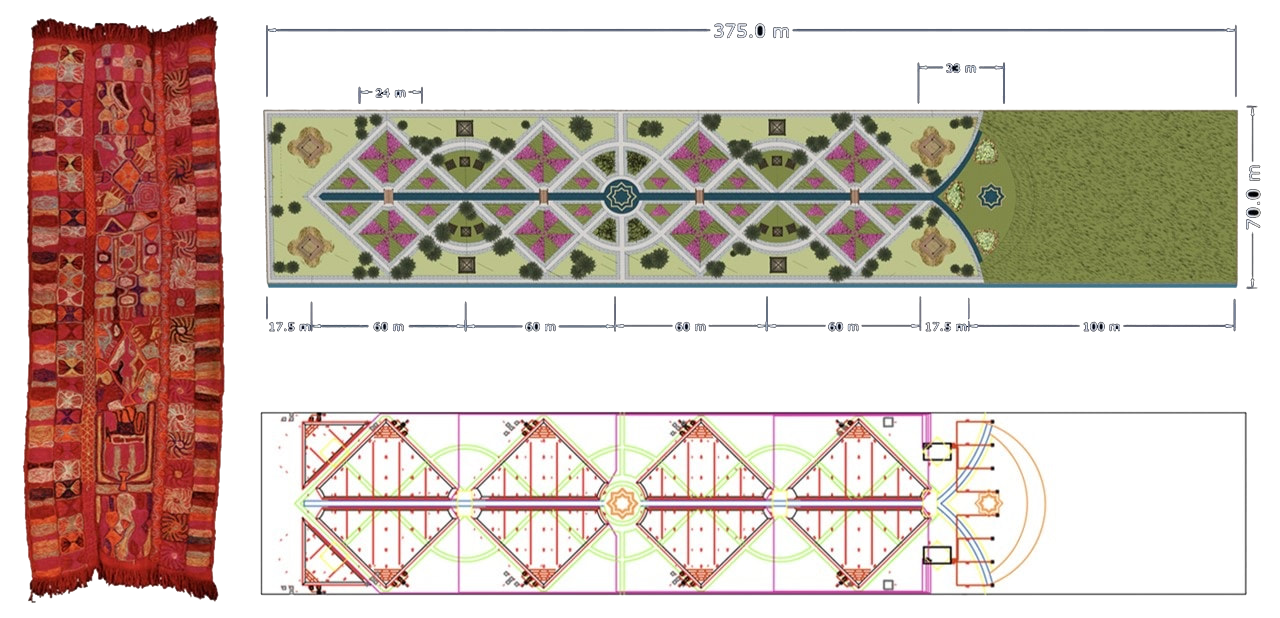Eden In Iraq: The Wastewater Garden Project
An initiative of artist Meridel Rubenstein, environmental engineers Dr. Mark Nelson and Dr. Davide Tocchetto and Jassim al-Asadi of Nature Iraq Organization.
Eden In Iraq is a humanitarian water remediation project, expressed through environmental art and wastewater garden design, which will provide urgently-needed health and clean water for southern Iraqis, their children, and future generations.
The marshes in southern Iraq, formed by the Tigris and Euphrates Rivers, are thought to be a possible site of the historic Garden of Eden.
Where a symbiotic, sustainable relationship once existed in the marshes balanced perfectly by healthy reeds, water buffalo trade, and rice and date cultivation, the system is now unstable. Waste has been piling up and the Euphrates River has become seriously polluted, putting the Marshlands and the Marsh Arab community at peril.
There is currently no sewage treatment in the Marsh Arab towns and cities--at most, sewage is pumped into a collection site and discharged without treatment into a river or marsh. This is causing odor and damage to the long-term ecology of the marshes and the health of the community.
The constructed wetland treatment will start with 7,000 square meters of reeds, which grow 1.8 meters tall. This first reed bed will immediately diminish the odor from the sewage. The wastewater will then go into the second phase of the garden: the “subsurface flow wetland.” Here, organic material of the sewage will be transformed by bacteria into mineral substances, cleaning the wastewater and simultaneously creating a beautiful and culturally significant garden by providing nutrients for plants and fruit trees, and honoring the rich Mesopotamian Marsh culture through design elements.
Please find additional information about the project at
http://www.meridelrubenstein.com/eden-in-iraq/
The marshes in southern Iraq, formed by the Tigris and Euphrates Rivers, are thought to be a possible site of the historic Garden of Eden.
Where a symbiotic, sustainable relationship once existed in the marshes balanced perfectly by healthy reeds, water buffalo trade, and rice and date cultivation, the system is now unstable. Waste has been piling up and the Euphrates River has become seriously polluted, putting the Marshlands and the Marsh Arab community at peril.
There is currently no sewage treatment in the Marsh Arab towns and cities--at most, sewage is pumped into a collection site and discharged without treatment into a river or marsh. This is causing odor and damage to the long-term ecology of the marshes and the health of the community.
The constructed wetland treatment will start with 7,000 square meters of reeds, which grow 1.8 meters tall. This first reed bed will immediately diminish the odor from the sewage. The wastewater will then go into the second phase of the garden: the “subsurface flow wetland.” Here, organic material of the sewage will be transformed by bacteria into mineral substances, cleaning the wastewater and simultaneously creating a beautiful and culturally significant garden by providing nutrients for plants and fruit trees, and honoring the rich Mesopotamian Marsh culture through design elements.
Please find additional information about the project at
http://www.meridelrubenstein.com/eden-in-iraq/

